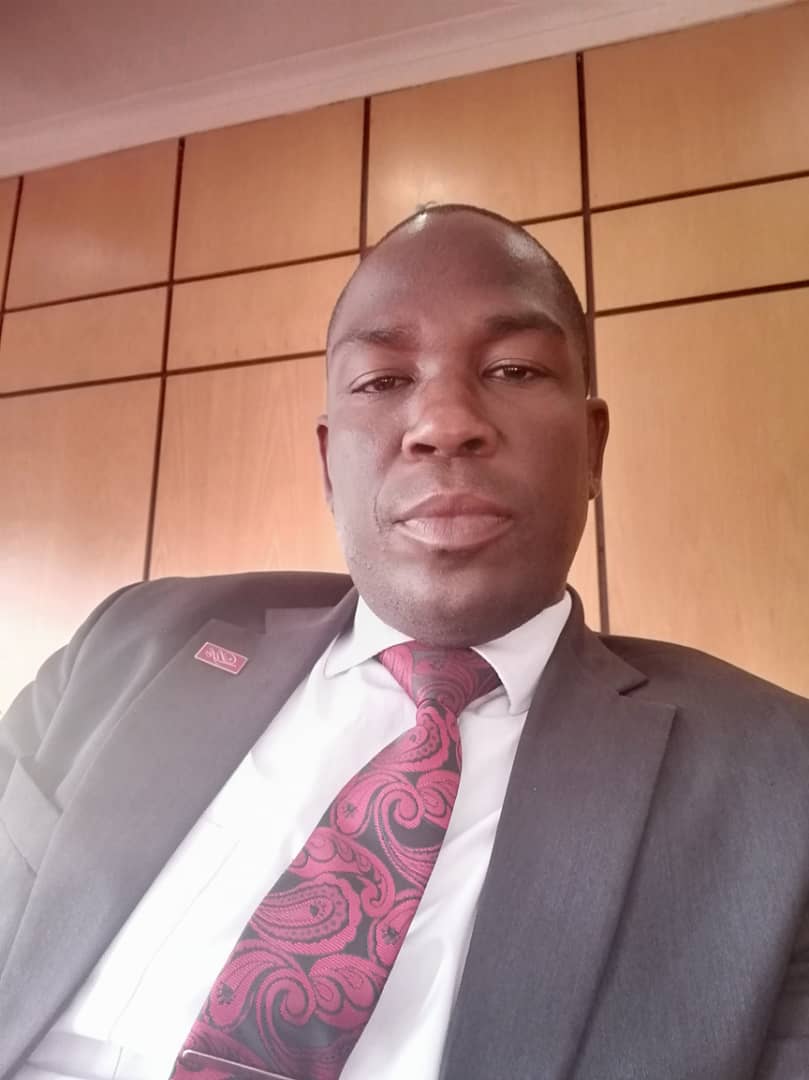By Lovemore Chazingwa
A Constituency Development Interface between Kadoma Central Constituency Member of the House of Assembly (MP) Hon. Muchineripi Chinyanganya that was held recently established that a tertiary learning institution in the mould of either an agricultural, teachers’ or polytechnic college is destined for the City of Kadoma in the near future.
The constituency representative made efforts to appraise his electorate on Parliament of Zimbabwe (PoZ) business that has been tabled in the previous parliamentary term. Parliament is at a routine annual break and should resume business sometime this February.
The interface meeting was held for Ward 12 at Lady Tait Primary School. According to the law trained mind, other Wards were feeding from the meetings at appropriate times and convenience.
“I held meetings of the same nature in other Wards. I will appraise the rest of the wards so that the whole constituency gets an appreciation of business in Parliament,” he said.
At the meeting, the lawmaker enunciated Bills that have so far been tabled in the august House as well as development projects that came to bear fruit including, those that are at various stages of implementation, not least, projects at ideation stage.
“As we were touring tertiary institutions around the country, I had a meeting with the Minister of Higher Education, Science, Technology Development and Innovation Hon. Professor Amon Murwira. I explained to him during the meeting that as City of Kadoma we do not have teacher’s college, polytechnic or agricultural college.
“In response, the Minister promised to table the issue of a college in the Constituency. However, the Hon. Higher Education Minister did not specify as to the type of college that would be established in the agro-based and gold mining city.” said Hon. Chinyanganya.
As the name insinuates, Kadoma Central Constituency mainly lies at the heart of City of Kadoma. Still on the tertiary education in the Constituency at the interface, Hon. Chinyanganya said that he was in the process of setting a foothold of universities that would accord opportunity for those willing and able to learn at the institutions.
“During our tour of the nation focusing on tertiary institutions, as the Higher Education Committee, I had an opportunity to speak to the Vice Chancellor of Midlands State University (MSU) who also pledged to establish a campus in the City of Kadoma, subject to approval by his university’s Council.
“Chinhoyi University of Technology (CUT) applied for land from City of Kadoma to construct a proper campus and that location is around the Mshumavale area, which is in Ward 12. I believe that land has been availed.”
Women’s University in Africa (WUA) has already pitched a permanent tent in the Constituency while they wait for brick and mortar to bond for their long term structure.
In an interview after addressing the Ward 12 interface, the legislator hinted that he was instrumental in negotiations that resulted in the women-centred university setting base in Mashonaland West’s only city.
WUA was allocated a 20Ha plot of land, by City of Kadoma, for their built environment structure, 3km outside the central business district (CBD) along the Harare-Bulawayo highway. At the moment they are operating at a makeshift Sarudzai Complex which they have renovated to suit their status. A perimeter wall has also been erected to enhance security and a conducive teaching/learning environment.
Mashonaland West province boasts of CUT, Zimbabwe Open University (ZOU) district campuses in the main city and towns, one agricultural college Chibero, in Mhondoro-Chivero and a host vocational training centres in the mould of Kadoma Vocational Training Centre (KVTC), Mashayamombe VTC (Mhondoro-Mubaira) and Mupfure Self Hep College just outside Chegutu.
The province was stripped of a teachers college of note in the form of Chinhoyi Technical Teachers College that was upgraded to the equally vibrant CUT.
If more tertiary institutions are to come to the young city, stakeholders in the education and training sector in the province, particularly the Constituency will benefit from the education dividend that is flighting out to other Constituencies. There are savings on costs of training in foreign lands and downstream business and socio-economic benefit for the citizens.
